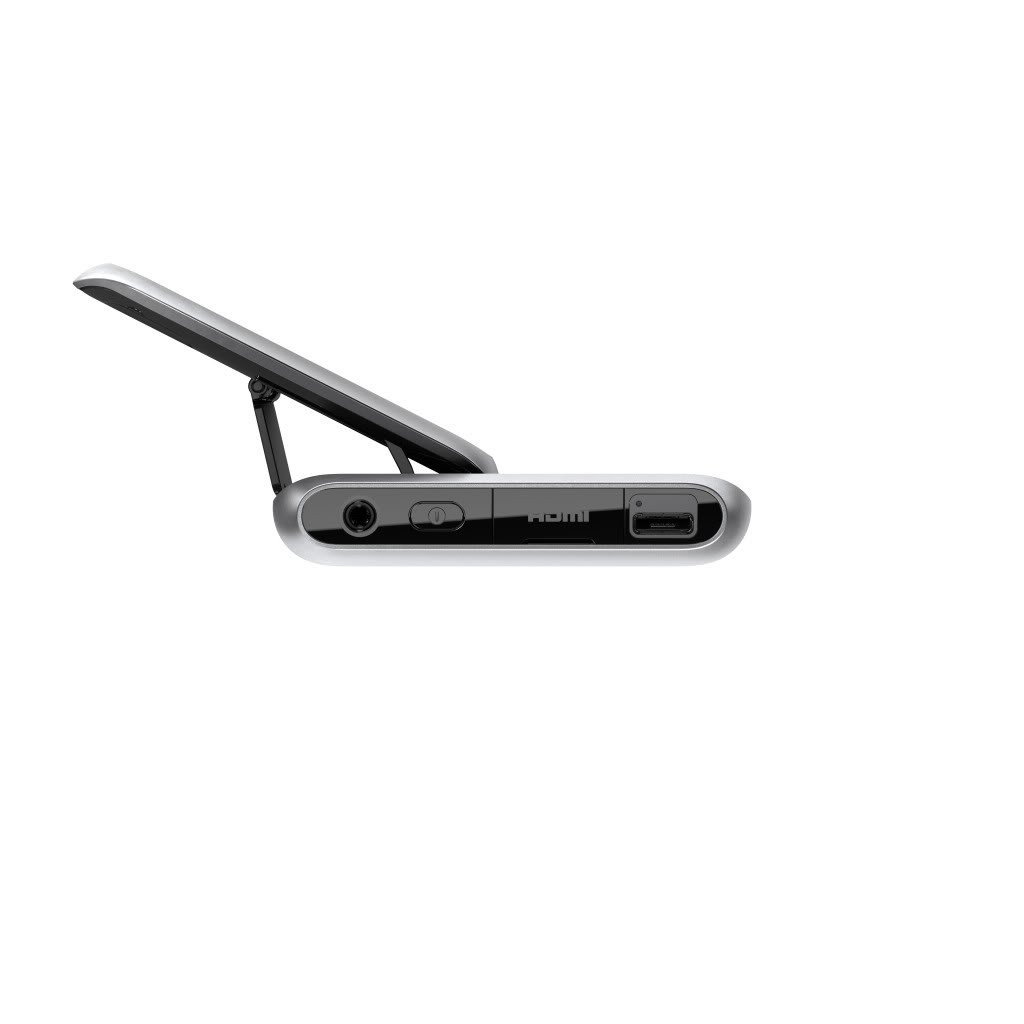Smartphones May Help Remotely Evaluate Key Clinical Data of ALS, Study Suggests
Written by |

Using a smartphone to collect amyotrophic lateral sclerosis (ALS) patients’ self-reported scores in the ALS-specific functional rating scale revised (ALSFRS-R) is feasible and shows a high correlation to scores collected at clinical sites, a small pilot study shows.
The study “Design and results of a smartphone-based digital phenotyping study to quantify ALS progression” was published in the journal Annals of Clinical and Translational Neurology.
Strategies to maximize ALS patients’ participation and completion of clinical trials are urgently required. Since the need for frequent visits to trial sites can inhibit patients’ enrollment, using smartphones as a way to collect clinical data has potential to improve ALS patients’ adherence to the studies.
“If demonstrated to be efficacious (e.g., valid, reliable), smartphone-based outcome measures could significantly accelerate ALS clinical trials by increasing statistical power and reducing data missingness, trial costs, and participant burden in ALS trials,” the authors wrote.
The team of researchers at Massachusetts General Hospital in Boston, and Harvard University in Cambridge, used a research platform to collect smartphone-based digital data of self-reported ALSFRS-R surveys and audio recordings from a group of 22 ALS patients followed at the ALS Multidisciplinary Clinic at Massachusetts General.
Participants received a notification on their phones to answer three questions from the ALSFRS-R. The notification was sent four days a week, meaning that they completed the 12 questions of the ALSFRS-R questionnaire in a week. Additionally, the complete questionnaire with all the 12 questions was given every week.
Two times a week, participants had to make an audio recording on the phone while they read a short paragraph displayed on the phone screen. The data were collected for approximately 24 weeks.
Researchers evaluated how the smartphone-collected data correlated with the evaluations done by clinical staff either in person at the clinics, or via telephone when they evaluated patient’s vital capacity (VC), a key critical pulmonary parameter, ALSFRS-R, and ALS Cognitive Behavioral Scale (ALS-CBS). These parameters were evaluated at the start of the study, at week 12, and week 24. They collected data on the ALSFRS-R by telephone at week 6.
The results showed a high correlation between ALSFRS-R scores obtained at the clinics, and data collected via the smartphone. An advantage of the smartphone, researchers noted, is that it can be used to collect ALSFRS-R data more frequently, which improves the strength of the results statistically and reduces the number of patients needed in trials.
Moreover, researchers found no statistically significant differences between clinical-based and smartphone-based ALSFRS-R scores. However, for scores below 39 (the ALSFRS-R scores are graded on a scale from zero to 48, with zero being the worst and 48 the best) the smartphone-collected data deviated more from the clinical data.
Speeches were successfully collected at home and amenable to a variety of analyses.
“Further analysis of speech recording features will identify the optimal features for detecting early changes in bulbar function and for following changes over time within individuals,” researchers wrote.
The team of scientists will conduct more in-depth analyses of speech recordings and of other data collected during this pilot study, namely alterations in behaviors — like sleep, social interactions, mobility, cognitive functioning — over time, which they called “passively collected” smartphone data.
Overall, these preliminary findings suggest that “smartphone-based digital phenotyping [assessment] in people with ALS is feasible and informative,” with “self-administered smartphone ALSFRS-R scores correlate highly with clinic-based ALSFRS-R scores, have low variability, and could be used in clinicals trials,” researchers wrote.
“More research is required to fully analyze speech recordings and passive data, and to identify optimal digital markers for use in future ALS clinical trials,” the study concluded.





